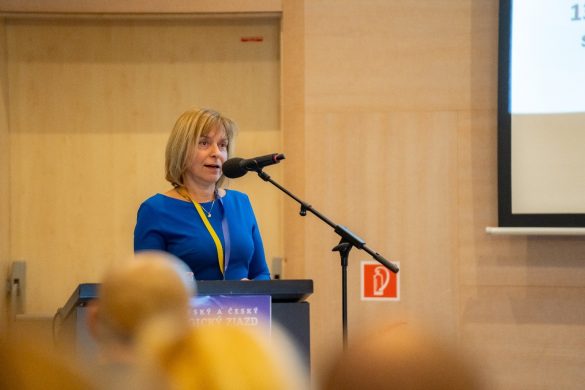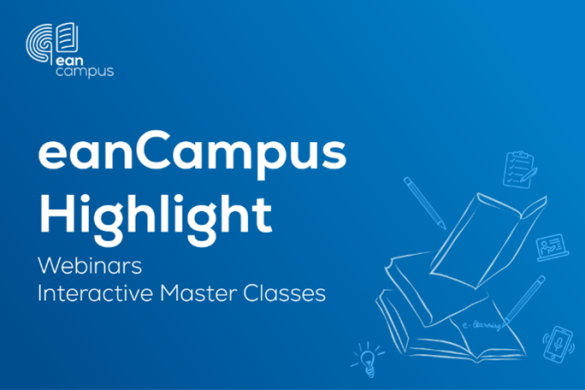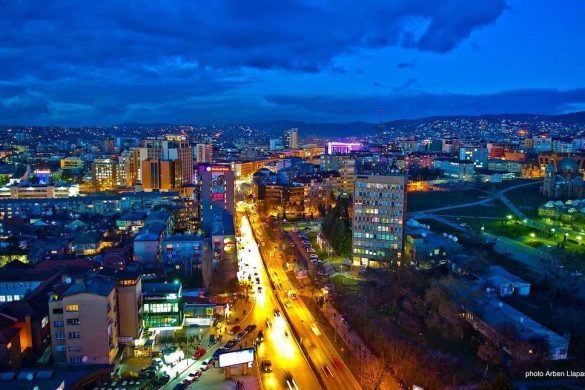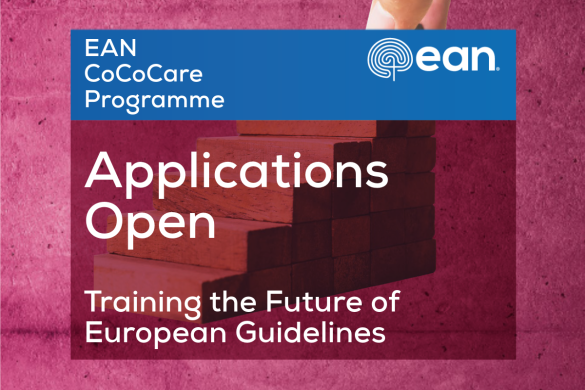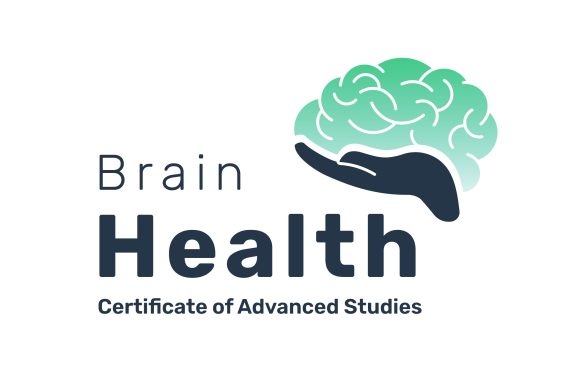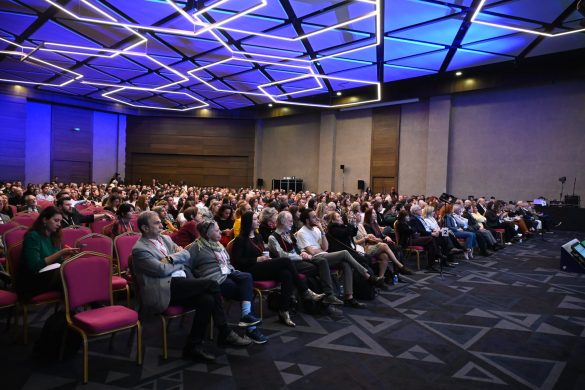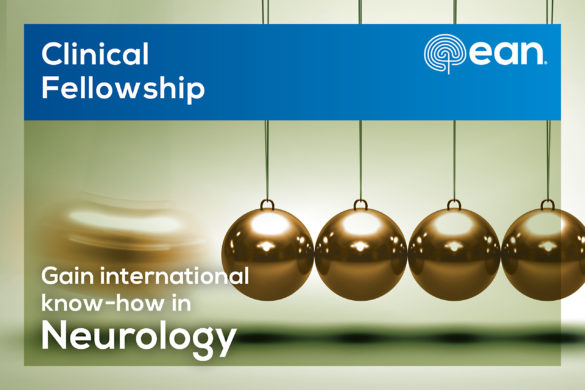by Jacopo Pasquini, Milan, Italy
Fellowship project: A multimodal imaging study to improve initial diagnostic accuracy of Multiple System Atrophy
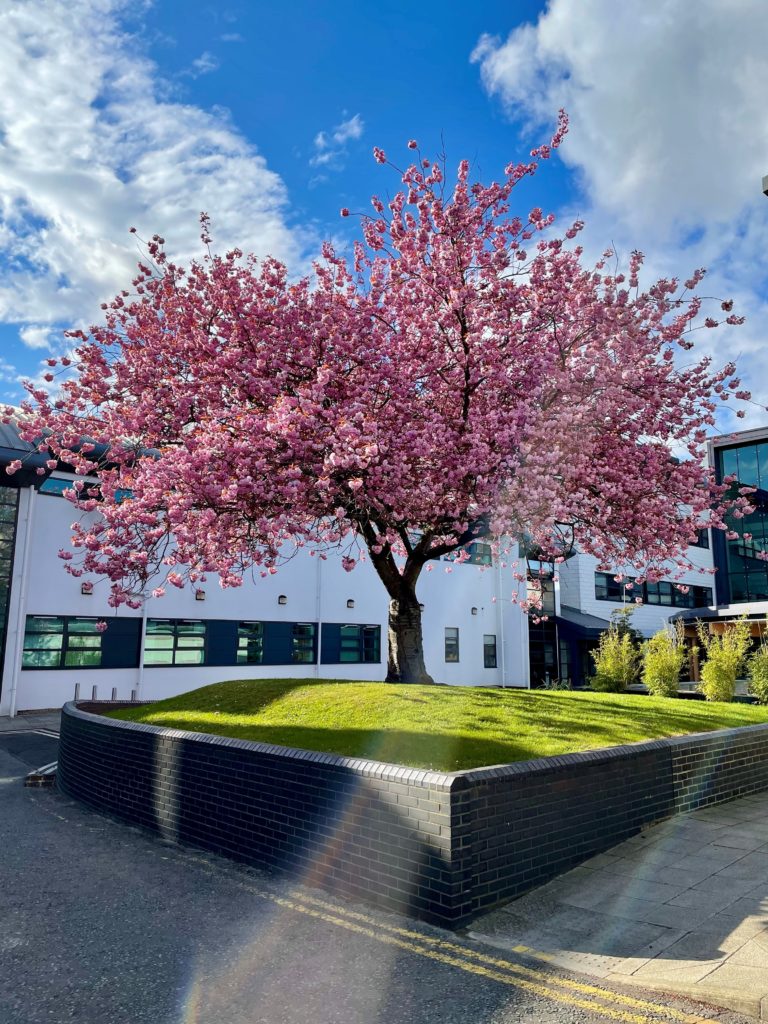
During my nine-month research fellowship granted by the European Academy of Neurology I have had the opportunity to carry out my research project at Newcastle University (Newcastle upon Tyne, UK) and the affiliated NHS movement disorders clinic.
I carried out my research project under the supervision of Prof. Nicola Pavese. The project was focused on identifying early neuroimaging biomarkers in Multiple System Atrophy (MSA), a debilitating and rapidly progressing disease often clinically indistinguishable from idiopathic Parkinson’s Disease (PD) in the early stages. This project was possible thanks to the Multiple System Atrophy Trust and Parkinson’s UK organisations that funded research activities related to subjects’ participation in the study.
With the help of Prof. Pavese and his team, we performed an MRI and clinical analysis on a cohort of participants including MSA, PD and healthy control subjects. MRI analysis was based on novel techniques such as diffusion MRI with NODDI modelling and neuromelanin MRI. We were then able to identify differences in microstructural brain abnormalities between MSA and PD and to establish clinical-neuroimaging correlations that we hope will be useful for the development of novel treatments, largely lacking in MSA. During this project I interacted with many colleagues with different backgrounds (movement disorders specialists, neuroimaging experts etc.), an enriching and inspiring experience.
Apart from the main project, I also had the opportunity to improve my clinical skills in the movement disorders field by attending the affiliated large movement disorders clinic (NHS CRESTA clinic) as a neurology registrar.
Overall, during my time at the Clinical Ageing Research Unit of Newcastle University, I was able develop new research and clinical skills and to enjoy my time with new colleagues and friends. Despite the very challenging times of the COVID-19 pandemic, this was an amazing work and life experience that was made possible by the European Academy of Neurology, to which I will be forever thankful.




